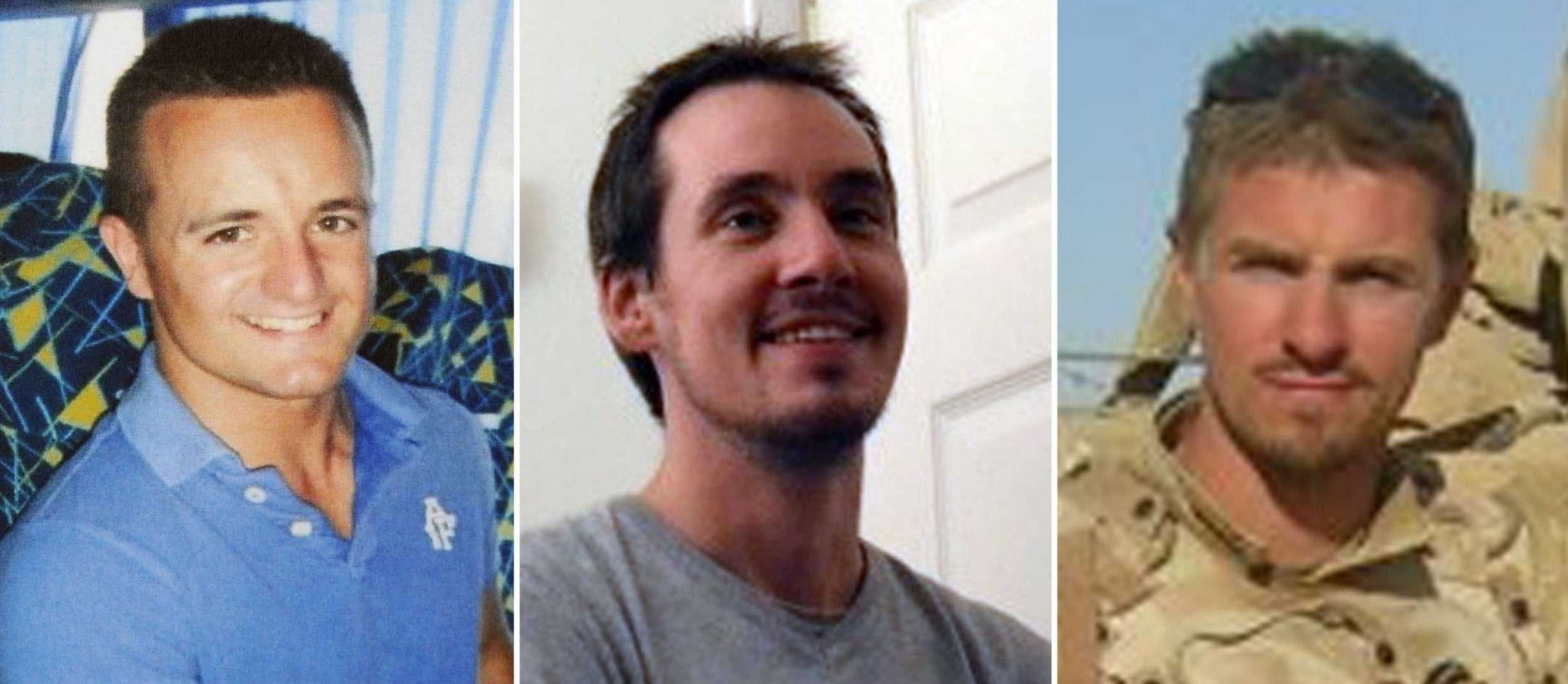Two SAS soldiers acquitted at court martial over death of three reservists on Brecon Beacons
Judge rules servicemen have no case to answer

Two SAS servicemen have been acquitted of negligence over a march in the Brecon Beacons in which three reservists died in 2013.
The judge ruled the men, known only as 1A and 1B, had no case to answer.
1A and 1B, whose identities are protected by an anonymity order, denied the allegation they failed to take responsible care for the health and safety of candidates taking part in the 16-mile march on 13 July, 2013.

Lance corporals Craig Roberts and Edward Maher were pronounced dead on the Welsh mountain range after suffering heatstroke.
Corporal James Dunsby died at Birmingham’s Queen Elizabeth Hospital from multiple organ failure more than two weeks later.
1A and 1B went on trial at the Court Martial Centre in Bulford, Wiltshire, last Monday.
1A was a captain and the training officer in charge of the march, while 1B was a warrant officer and the chief instructor on the exercise.
Judge Advocate General Jeff Blackett ruled the defendants had no case to answer and directed the five-person panel to acquit them of the charge against them.
He told the families of the three reservists: “The allegations of negligent performance of duty were only a small part in the overall failings – the deaths occurred because of the systemic failures within Joint Forces Command.
“Of course, the system is made up of people but there have been successive people in A-Block and within the chain of command who have failed to address their minds to the real risks involved in exercising in extreme temperatures, and who have failed to ensure that those delivering the training or invigilating the test were properly trained in all aspects.
“These two defendants did the best they could in the circumstances of fewer resources than requested, a lack of even the most basic of training in relation to heat illness and risk assessment and within the culture that existed at the time.”
Additional reporting by Press Association
Bookmark popover
Removed from bookmarks